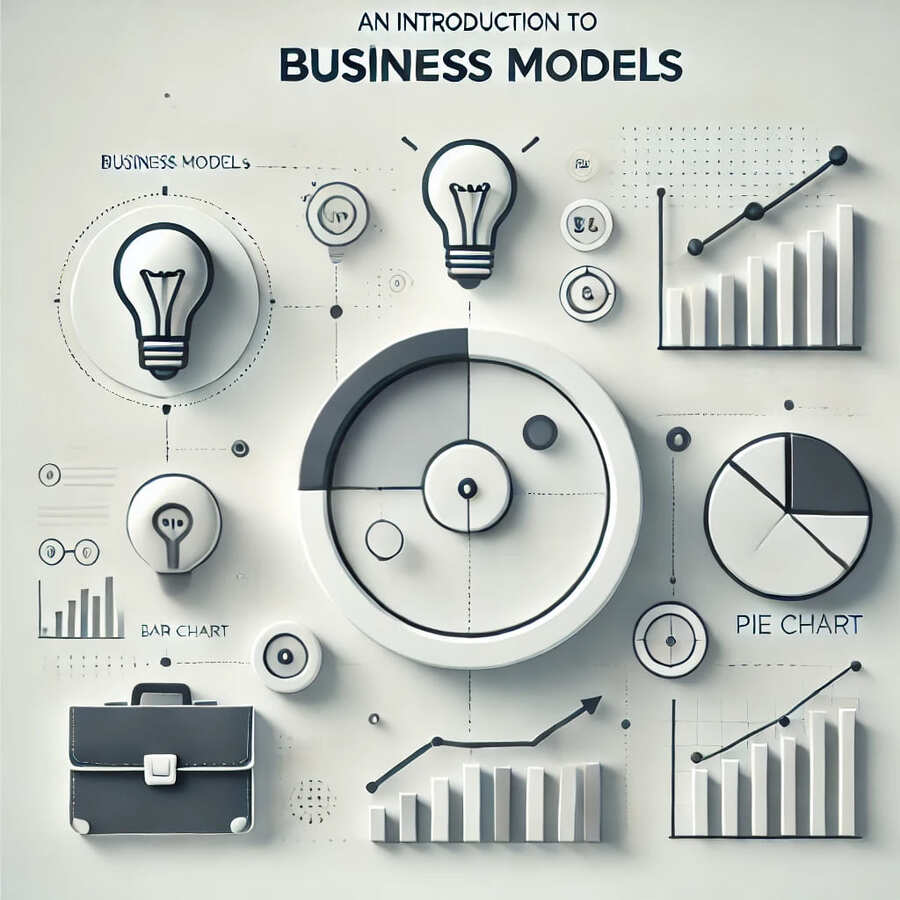Introduction
In the fast-paced and evolving landscape of business, understanding your company’s business model is paramount to achieving long-term success. Many entrepreneurs and business leaders often overlook the intricacies of this foundational aspect, focusing solely on products, services, or marketing strategies. However, a business model is the skeletal structure that holds the enterprise together. In this article, we’ll explore what a business model is, why it’s important, and how it closely relates to your marketing strategy.
Definition and Importance
What is a Business Model?
A business model is a conceptual framework that outlines how a company creates, delivers, and captures value. It’s the blueprint that explains how a business operates, from the supply chain to the customer relationship management, to sales and marketing.
- Why is it Important?: Understanding your business model is crucial for several reasons:
- Strategic Alignment: It helps align the company’s activities and processes to achieve common goals.
- Investor Relations: A well-defined business model is often a critical factor for securing investment.
- Resource Allocation: It provides a framework for optimal utilization of resources.
- Competitive Advantage: Knowing your business model inside and out can help you leverage unique strengths and avoid weaknesses.
Connection between Business Model & Marketing Strategy
The business model and marketing strategy of a company are intrinsically linked, and understanding this relationship is crucial for business success.
Identifying Customer Segments
Your business model identifies key customer segments. Knowing who your customers are informs your marketing strategies and helps you focus your efforts more effectively.
Value Propositions and Marketing Messages
The value proposition is a key component of your business model and serves as the foundation of your marketing messages. How you propose to solve a problem or satisfy a need is what you’ll communicate through your marketing channels.
Channels of Distribution
Your business model outlines how you’ll reach your customers, be it online, through a physical store, or via third-party retailers. This directly impacts your marketing strategy in terms of channel selection and resource allocation.
Customer Relationships and Retention
Both your business model and marketing strategy should aim to create and maintain customer relationships. Your approach to customer service, loyalty programs, and engagement are shaped by the way your business model is structured.
Revenue Streams and Budgeting
Finally, the revenue streams identified in your business model inform your marketing budget. Knowing what part of the business brings in the most revenue can help allocate funds to marketing activities that support these areas.
Conclusion
In summary, a business model is not just an academic concept but a practical framework that impacts every aspect of your business, including your marketing strategy. By understanding how the two are interconnected, businesses can create more aligned, efficient, and effective operations and marketing initiatives. As the old saying goes, “failing to plan is planning to fail.” Therefore, take the time to deeply understand your business model and how it informs your marketing efforts, for this is a recipe for long-term success.



